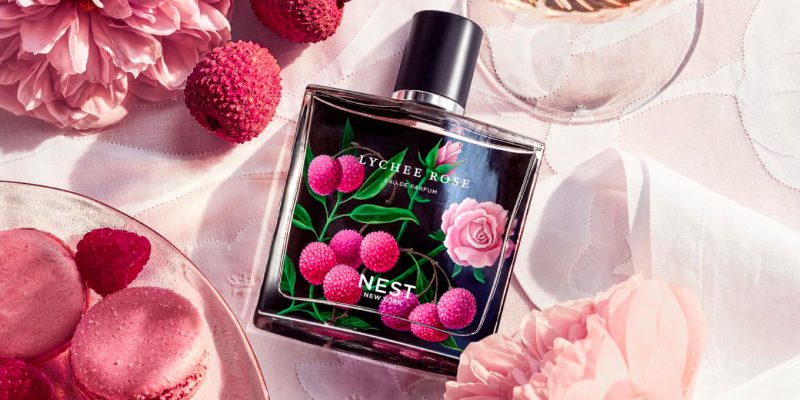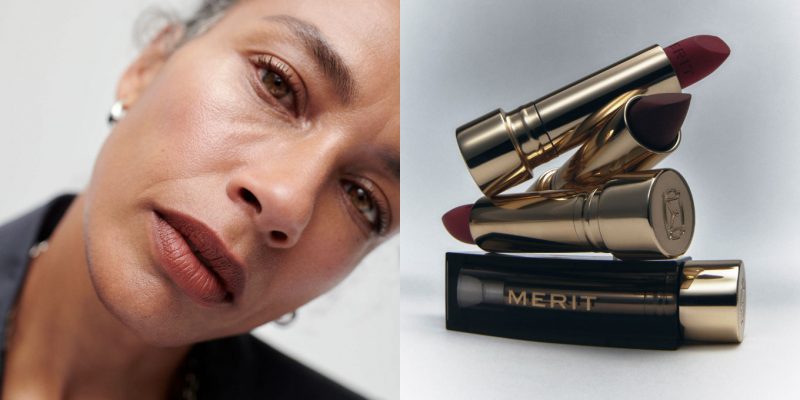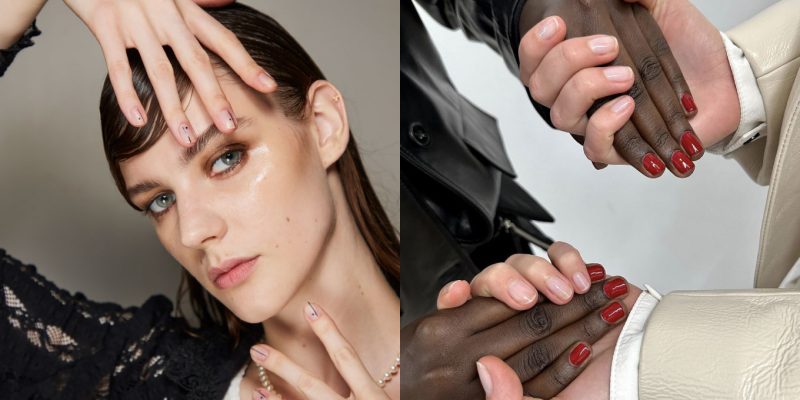Beauty
Beauty serums: Facts and myths
We unlock the truth about beauty serums and find out why you need these boosters in your beauty repertoire.
by : Sarah Kelsey- May 11th, 2011
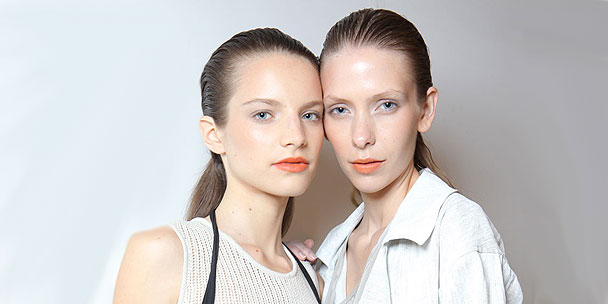
The beauty world is abuzz about serums … those clear liquid tonics that you put on prior to your moisturizer are topping skin care lists when it comes to getting youthful, smooth skin. But these little miracle workers have some mystery surrounding them … when should you use them? Do you need serums
and moisturizer? What do they do exactly? And, perhaps most importantly, what should you be looking for in a serum? ELLECanada.com chatted with three renowned skincare experts for their advice and to unlock the facts and myths about serums.
What is a serum?
According to Lizz Starr, Executive Director of Origins Product Development, serums are products worn under moisturizers to improve the epidermis in some way. “Generally, [they] have a targeted end benefit like ‘firming’ or ‘anti-wrinkle.’”
Serums also allow you to heal specific skin ailments or deficiencies, says Guylaine Palmer, an Image Consultant at Donato Salon. “For example, mature skin may lack elasticity with the
appearance of wrinkles and a serum designed to stimulate collagen production, including peptides and coenzymes, may be prescribed.”
Another thing to remember is there are a variety of serums on store shelves. Some are marketed toward face care, others toward neck and back care. Read the labels clearly to make sure you pick up a serum that’ll target the epidermal area you need the most help with. “The skin is different throughout the body,” says Andy Bevacqua, Vice-President of Research and Development for La Mer. “The eye area is a good example; it’s the most fragile part of the body. You wouldn’t want to apply a serum meant for dense skin to your under eye.”
Why moisturize and serum?
“Serums are not designed to
moisturize the skin such as a moisturizer would,” says Bevacqua. “They’re designed to have a more focused delivery of ingredients to better target specific skin concerns.” He says a moisturizer’s job is to help the epidermis retain moisture, which is why they’re typically heavier and can leave more of a residue. “After a serum is applied, it penetrates the skin’s surface and delivers the specific ingredients that will address a particular concern,” says Bevacqua. Adding moisturizer après a serum will lock the serum in place.
When should you start using a serum? Find out on the next page …
Shopping for a serum? Check out our best buys here.

When should you start using a serum?
According to our experts, everyone who’s adopted a skincare regimen should contemplate adding a serum to their daily cleansing ritual. Why? Because it’s never too early to penetrate the skin with nutrients that may
stave off aging.
Is there a way to know when your skin is in need of some serum help?
“You should begin to use a serum at the first sign of feeling like a moisturizer isn’t enough to satisfy your skin’s needs [moisture,
anti-wrinkle, etc.] and you wish to target a specific concern,” according to Bevacqua. A good example is over-exposure to environmental aggressors, which can damage the healthy collagen and elastin in skin — you’ll want to invest in a serum to heal any damage that’s been done.
Palmer says people should look for serums tailored to treating the condition they’re looking to remedy — age doesn’t matter. “A serum is the most effective way to treat a condition. A younger person with rosacea would use a serum with active ingredients like chamomile, willow bark extract and white tea to deeply penetrate the dermal layers of the skin to calm redness and act as an antioxidant.”
Key ingredients to look for in serums on the next page …
We’ve found the 7 best serums … check them out here!

Label logic: Key serum ingredients
All of our experts agree there are no specific ingredients that make a serum “good” or “effective.” But they do say you can look at how many times the product has been tested to measure whether it’ll deliver on its promises. Throughout their product trials, Starr says Origins went through various levels of testing, even using ultrasound technology, to see if the results they were seeing were real and accurate on test subjects.
It’s also important to consider the concentration of the active ingredients in the product you’re looking at. “The ingredients will vary with each skin type or condition. A good example is the ingredient listing for anti-aging serums, which typically contains coenzyme Q10,” says Palmer (Coenzyme Q10 is designed to regenerate, repair and to act as an antioxidant to combat free radicals and to build up collagen.)
And another thing: Price point doesn’t matter when it comes to a good versus bad serum. “The effectiveness of a serum is… solely reliant upon the quality and concentration of the active ingredients,” says Palmer. Often, there is a correlation between price and performance (the most active ingredients tend to be the most expensive), but that’s not always the case.
Read more:
7 essential beauty serums
The best anti-wrinkle products
Goodbye fine lines! How to treat wrinkles
5 ways to look younger now
Newsletter
Join our mailing list for the latest and biggest in fashion trends, beauty, culture and celebrity.
Read Next

Fashion
Are Fashion Brands Getting Greener?
While the fashion industry is making a lot of noise about being more sustainable, a closer look shows that its earth-friendly commitments are often more illusion than reality.
by : Marouchka Franjulien- Apr 19th, 2024

Beauty
What Beauty Packaging Is Actually Sustainable?
We sought out leaders in the field to help us get to the bottom of the blue bin once and for all.
by : Victoria Christie- Apr 19th, 2024
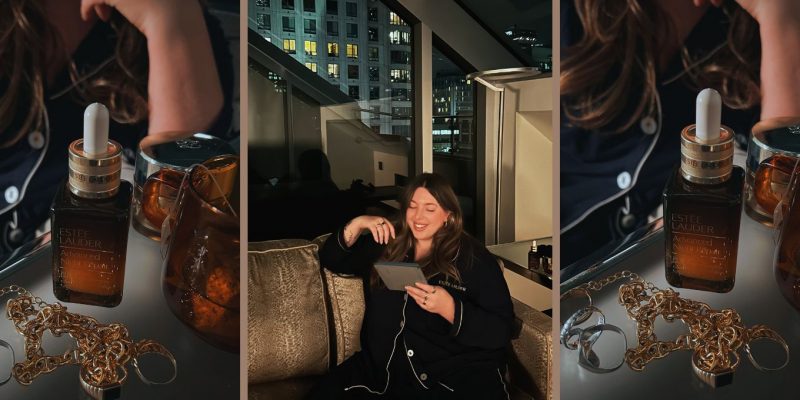
Beauty
Tested and Approved: A Skin Saviour That Works While You Sleep
Wake up with your glowiest skin yet—even if you didn’t clock eight hours.
by : ELLE Canada- Apr 11th, 2024

